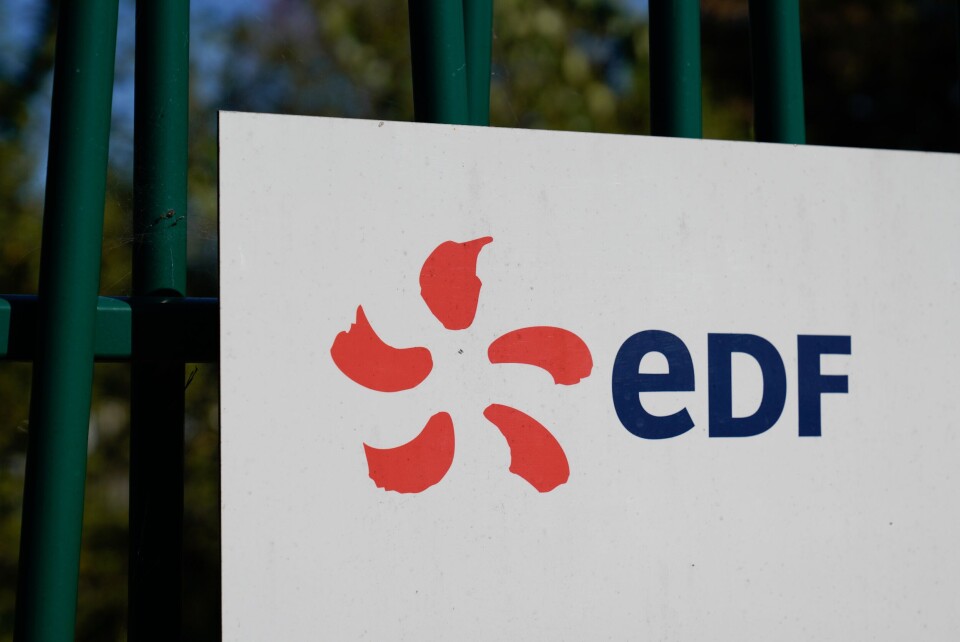-
France tightens reimbursement rules for flight delays or cancellations
New measures include mandatory mediation and new claim procedures
-
What snow conditions look like for skiers across French Alps and Pyrenees
Ski resorts are expected to get busier as school holidays begin this weekend
-
French minister to examine retiree citizenship rules amid claims they are too tough
Senator says ‘thousands’ of well-integrated people being refused on ‘foreign income’ grounds
Beware of new French email scam involving EDF and free lightbulbs
Fraudsters seek to obtain customer bank details through a seemingly generous offer

A warning has been issued over a new scam in which hackers send out fake emails supposedly from EDF in order to get hold of customer bank details.
The email comes from ‘EDF support’, offering 25 LED lightbulbs for €1 in delivery fees.
It reads: “À partir du 1er novembre, les ampoules halogènes seront interdites à la vente en Europe. Les consommateurs devront alors investir dans des ampoules LED ou fluocompactes” (From November 1, halogen lightbulbs will be banned in Europe. Consumers must therefore invest in LED lightbulbs or compact fluorescent lights).
This is an example of phishing, in which a scammer usurps the identity of a trusted person or organisation to trick members of the public into sharing their personal details.
The email contains few clues that it might be a scam but it should be noted that halogen bulbs have been banned in Europe since 2018, not this year.
Customers should also pay attention to the email address that sent the message. EDF has a list of the email addresses it uses, so you can check whether the sender is legitimate or not.
EDF has also reminded customers that it would never ask for bank details via email.
French scam victim assistance service cybermailveillance.gouv.fr offers some tips to help consumers avoid scams.
It advises people to be suspicious if they receive an email from a company which does not normally feature in their correspondence, or if the address is unknown.
Consumers should also watch out for spelling mistakes, sensationalist subject lines, requests for confidential information or strange formatting.
If you are affected by a scam, you should report it to cybermalveillance.gouv.fr, which works to identify and deactivate fraudulent websites and schemes.
Related articles
Crit’Air sticker scams continue in France, online and via SMS
New warning over wood pellet scams in France
Couple angry as French wedding photo deal changed in last-minute text
























